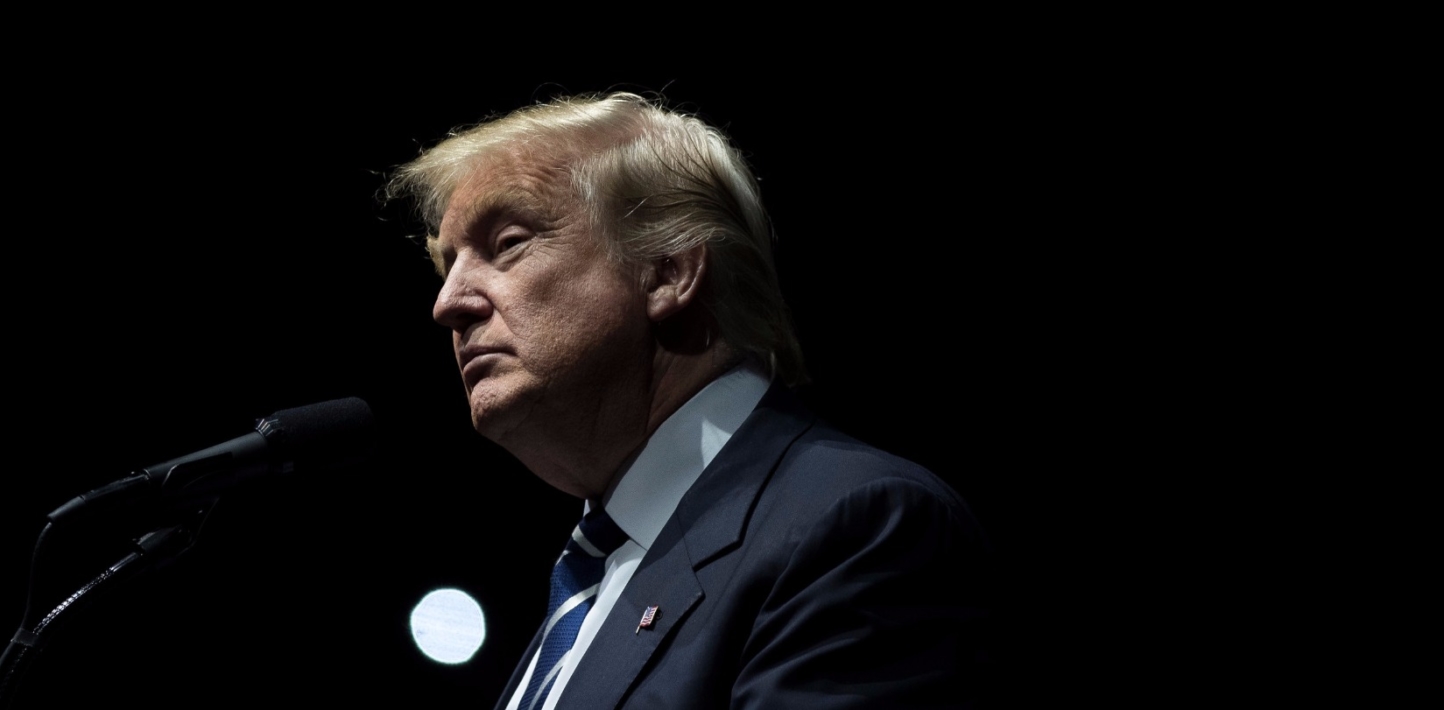The gloves are off. With Friday’s Executive Order on “Protecting the Nation from Terrorist Attacks by Foreign Nationals,” President Donald J. Trump has declared war on Muslim refugees around the world.
With the stroke of a pen, the President has – among other actions – banned Syrian refugees from the USA and has also effectively prevented anyone (including refugees) from Iran, Iraq, Libya, Somalia, Sudan and Yemen from entering the USA. These seven countries have two main things in common: they are predominantly Muslim, and they are the countries from where the majority of people seeking asylum from serious human rights violations like persecution or torture are trying to escape.
Were it not so disturbing and dangerous, this Executive Order would be pathetic in its absurdity.
It is ludicrous because there is no data to support the view that refugees – Muslim or otherwise – pose more risk of committing acts of terrorism than citizens. A refugee is not a person who commits acts of terrorism. It is someone fleeing people who commit acts of terrorism. Under international law, perpetrators of these crimes are automatically disqualified from refugee status. Additionally, the US Refugee Admissions Program puts refugees through the most rigorous and detailed security screenings of any category of persons – immigrant or visitor – to enter the USA.
The Executive Order is preposterous in its irrationality. But no one should be laughing about it.
This is a deeply frightening document. Faced with a global emergency in which 21 million people have been forced to flee their homes, one of the wealthiest and most powerful countries on earth responds by obliterating one of their only avenues for hope: “resettlement.” This is a process whereby vulnerable people (such as survivors of torture, or women and girls at risk) trapped in dire circumstances in countries like Lebanon, Jordan, Kenya, and Pakistan, are allowed to move to a country such as the USA. In sum, this Executive Order abandons host countries and punishes the most vulnerable among an already vulnerable group.
A refugee is not a person who commits acts of terrorism. It is someone fleeing people who commit acts of terrorism
@SalilShetty
Does the Executive Order explicitly ban Muslim refugees? No. But the anti-Muslim rationale is brazen. All the countries subject to these severe restrictions are predominantly Muslim. With this action, President Trump has sent a clear message that the USA needs to be protected from Muslim people, and that they are inherently dangerous.
Also, the text identifies one of the exceptions to the new restrictions as people with religious persecution claims, but only if they are part of a religious minority. A plain reading of this provision is that the Trump administration will resettle Christians fleeing predominantly Muslim countries. This provision cloaks religious discrimination in the language of religious persecution. It is even conceivable that this favoured treatment could accentuate a risk to Christian minorities in some countries where they face discrimination and violence on grounds of allegedly belonging to a foreign or American religion.
All in all, this Executive Order would function admirably as a recruitment tool for armed groups such as the Islamic State – groups keen to show that countries like the USA are inherently hostile to Muslim people.
Make no mistake: people will lose their lives because of this Executive Order. Countries hosting large numbers of refugees, feeling aggrieved and abandoned by the international community, will begin or increase their forcible expulsions of refugees. Vulnerable women, men and children who would otherwise be able to move to the USA, and who are trapped in unbearable situations, will “choose” to return home to a risk of torture or death.
It is important to remind ourselves who these people are. In 2016, 72% of the refugees resettled to the US were women and children. In my view, the term “refugee” doesn’t do justice to the people who have braved deadly seas, deserts, and human-caused dangers, in the hopes of restarting their lives in peace. I have had the privilege of meeting some of these people, and have always been humbled by their resilience in the face of almost unimaginable adversity. Any country, including the US, would benefit from welcoming them.
Your gloves may be off, Mr. President. But – in solidarity with the 21 million refugees in the world today, and the countless people and organizations who work alongside and for people seeking protection – so are ours.
This story was originally published by IPS


